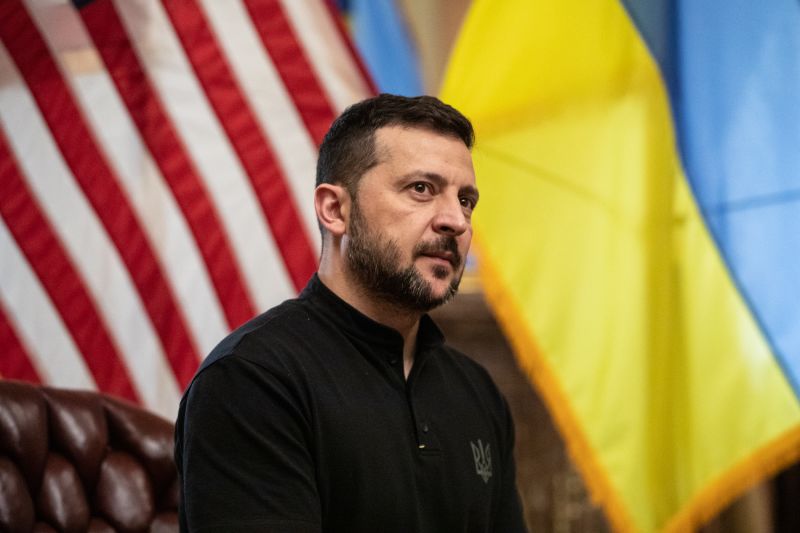
Ukraine’s Ambitious Plan: Firing Western Long-Range Weapons into Russia – Is Victory Assured?
The ongoing military conflict between Ukraine and Russia has captured global attention as tensions in the region continue to escalate. A significant development in this conflict is Ukraine’s interest in utilizing Western long-range weapons to strike targets within Russia, potentially changing the dynamics of the battlefield. While such a move may seem like a bold and strategic decision, the potential gains from implementing this tactic remain uncertain and raise a host of complex issues.
One of the central advantages of utilizing Western long-range weapons for Ukraine is the potential to target key strategic locations within Russia, disrupting enemy positions and capabilities. Additionally, this approach could serve as a deterrent to Russian aggression, potentially compelling Russia to reconsider its military advancements in the region. By leveraging advanced Western technology and weaponry, Ukraine may be able to level the playing field and put pressure on the Russian forces.
However, the decision to fire Western long-range weapons into Russia also presents several challenges and considerations. One major concern is the risk of escalation, as such actions could provoke further aggression from Russia and lead to an intensification of the conflict. This could result in a spiraling chain of retaliatory strikes, ultimately exacerbating the already volatile situation in the region.
Moreover, the effectiveness of firing Western long-range weapons into Russia is not guaranteed, as it raises questions about target accuracy, collateral damage, and potential civilian casualties. Precision targeting is crucial in modern warfare to minimize unintended harm, and any miscalculations or errors could have serious repercussions both in terms of human lives and international relations.
Another critical factor to consider is the broader geopolitical implications of Ukraine’s use of Western long-range weapons. This move could strain diplomatic relations between Ukraine and Western powers, leading to potential backlash or repercussions. Additionally, it may influence the strategic calculus of other nations involved in the conflict, further complicating the dynamics and potentially triggering unforeseen consequences.
In conclusion, while the idea of Ukraine firing Western long-range weapons into Russia may seem like a strategic maneuver to gain an advantage in the ongoing conflict, the potential gains are not clear-cut. The decision to employ such tactics must be carefully weighed against the risks of escalation, collateral damage, and geopolitical fallout. As the situation continues to evolve, it is essential for all parties involved to exercise caution, prioritize diplomacy, and seek peaceful resolutions to prevent further escalation and human suffering in the region.
